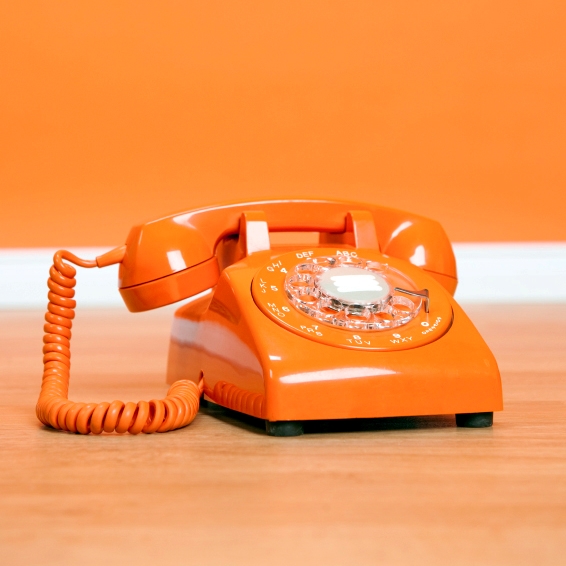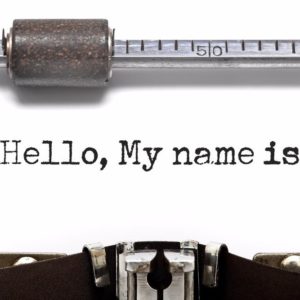

When’s The Last Time You Picked Up The Phone?
Last Friday at 3.38pm I received an email to diarise an important meeting. The only timeslot on offer that worked for me was Monday at 1pm, which would have been fine, were it not for the fact I was told I’d be required to deliver an hour-long presentation.
A presentation that, at that precise moment, didn’t exist.
Now, I don’t have a problem with working my weekends when required, but I didn’t want to rush and deliver a sub-standard job. So I picked up the phone to this person to see if we could come up with an alternative date.
Her response surprised me
Not because she told me to take a running jump and it was Monday or nothing (she couldn’t have been more accommodating) but because she was surprised I’d rung, literally saying, “I’d forgotten phone calls are an option”.
And maybe you have too, because we’re so used to using text-based channels for contacting people – email, text message, social media messaging, etc. But when a quick resolution is required (if I was stuck with the Monday timeslot I needed to know) a call is usually the better option.
Over and above the practical benefit of getting a problem solved more quickly, there’s a rapport-building benefit to talking on the phone – which is a big bonus for your personal brand.
Here’s the science bit…
An article in Harvard Business Review sharing the findings of research by Amit Kumar and Nicholas Epley suggested ‘people may undervalue the positive relational consequences of connecting with another person using one’s voice relative to text alone, leading to a potentially misplaced preference for typing to each other rather than talking.’
The experiments the researchers carried out included asked people to imagine how they’d feel contacting someone via email compared to how they’d feel picking up the phone. Many said they’d feel more awkward doing the latter, but when asked how they actually felt after placing the call, they felt no more awkward than they had when they’d sent an email.
Or as the research reported, ‘Misplaced fears of an awkward interaction, it appears, can lead to a mistaken preference for typing rather than talking.’
And it’s not just for reasons of social connection that you can benefit for making a phone call. Your mental health can also be boosted by hearing a person’s voice, rather than just reading their words.
Messaging is still an option
None of this is to say you should abandon text-based communications entirely. They definitely add value in terms of efficiency and giving others the option of when to respond, especially if you’re sending a simple message or a quick update. But don’t overestimate how awkward it will feel to talk on the phone, or underestimate how connected that will make you feel. As the researchers say, ‘You – and those you talk to – are likely to feel better as a result.’
How often do you pick up the phone to your contacts, instead of messaging? And what’s the upside when you do? Or the downside even? I’d love to hear your thoughts (well, read them) in the comment box below. Thanks!







E-mailing, messaging, letters, memoranda and any other form of non-oral, verbal communication are great when you want the recipient to have an opportunity to digest the content at their leisure and when you want a record of what you said. The choice of medium will depend upon the urgency of the content. It is good to have near instantaneous media other than the telephone phone, especially when you know the recipient may not be free to speak at the time you want to send it.
The benefits of oral communication are invaluable when you want to evoke an emotional response such as empathy. Put bluntly, if you want a favour pick up the phone.
All too often we hear about people being made redundant by text message or we get an e-mail 10 minutes before a meeting from the person we are due to meet, telling us they cannot attend. Both are examples of choosing the wrong channel of communication.
It is easier to be argumentative and assertive in writing than it is to do so orally; it is also easier by telphone than face to face. However, I suspect the effectiveness of those words is greatest face to face and least powerful in a text message.
Well, I think you’ve put that all rather well thank you Denis – especially getting the right channel for the desired outcome.